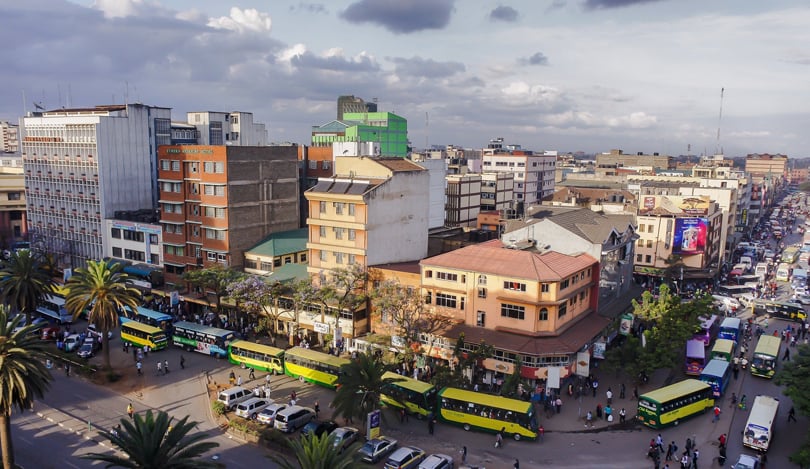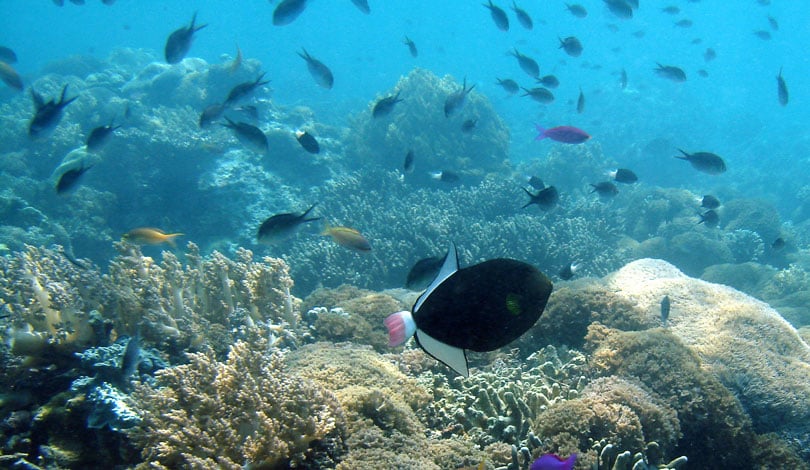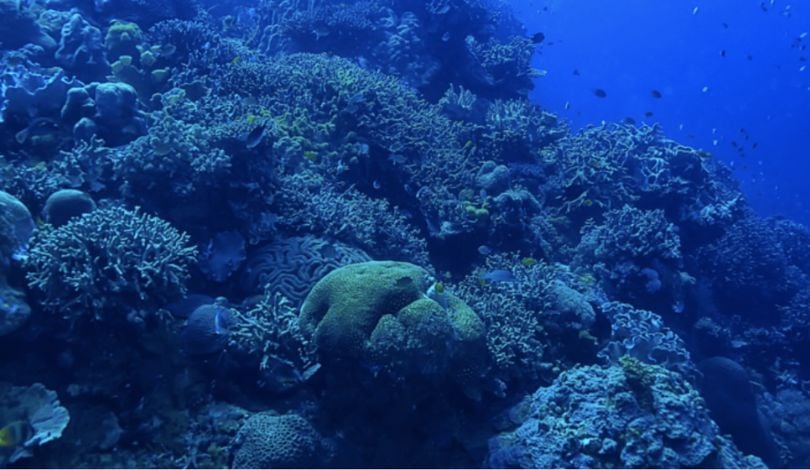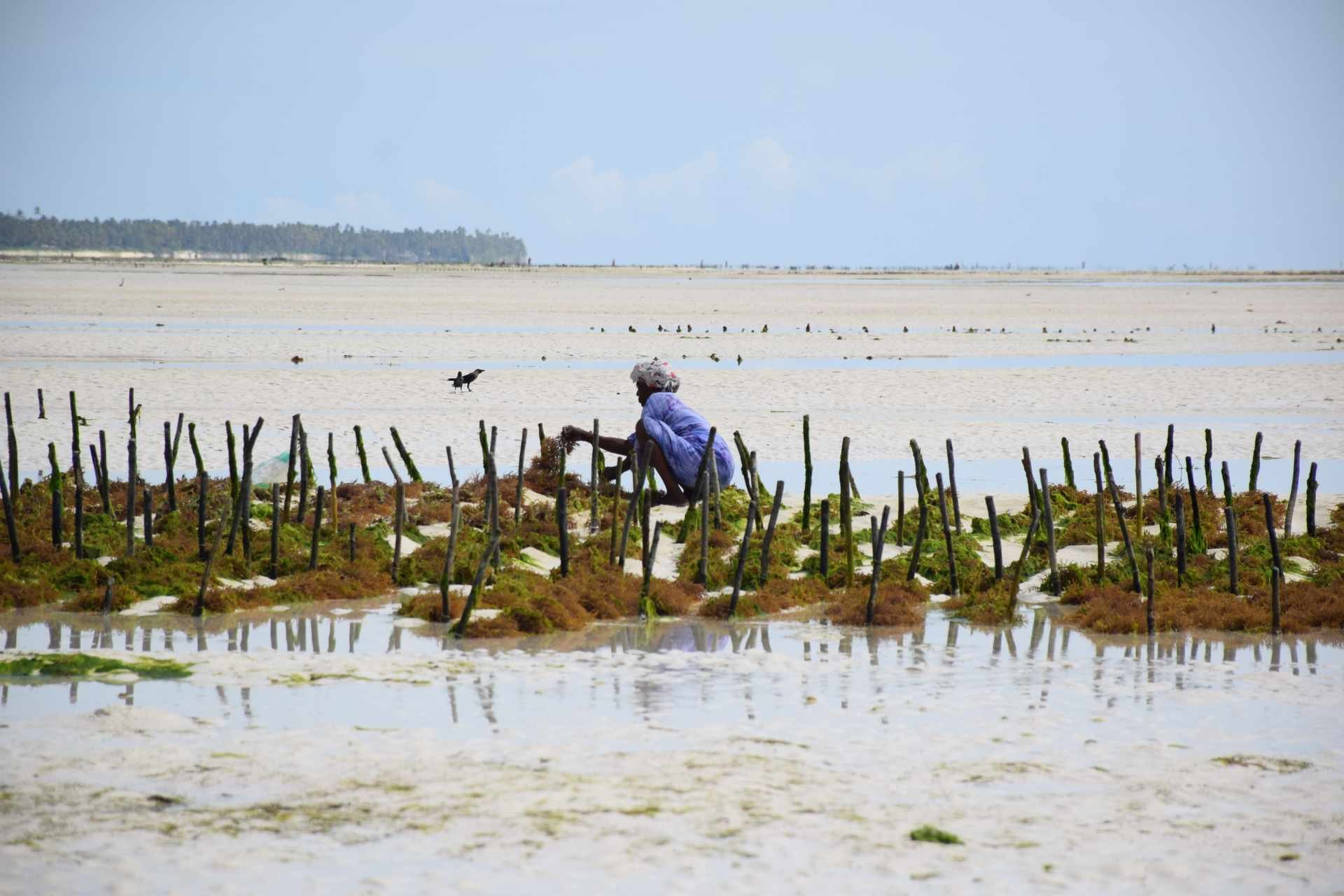
Enhancing the sustainability and resilience of oceans, seas, and water supplies
Discover how Reos Partners supports multi-stakeholder groups in enhancing the sustainability and resilience of oceans, seas, and water supplies to secure the well-being and future of people and the planet.
Sustainable oceans and clean water are two of the most essential resources for sustaining life on Earth.
As the world's population continues to grow, the water demand is rapidly increasing, and the world's oceans are subjected to more and more stress from human activity.
These pressures have led to several issues threatening our planet and people’s health, including pollution, dehydration, malnutrition, and climate change.
We co-create with our partners and tailor solutions to each unique situation using our systemic, collaborative, and creative approaches.
Below, explore how our collaborative processes enable multi-stakeholder groups to develop solutions to enhance the sustainability and resilience of oceans, seas, and water supplies.
By prioritising resilience and sustainability measures, we can ensure that current and future generations have access to these crucial resources.
Examples of our oceans, seas, and water work
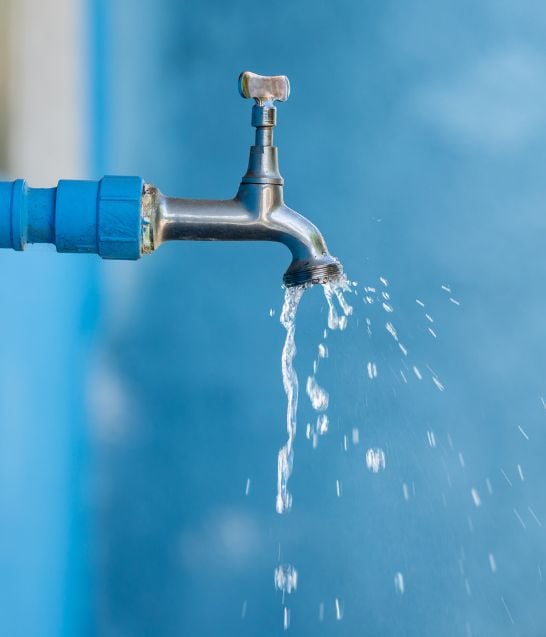
ACWA Platform: collaborating for urban water resilience in Africa
Challenge: Despite efforts at multiple levels, African cities continue to struggle to supply clean water to large populations.
In urban areas, the particularly concerning nature of this challenge is that despite existing infrastructure, access to clean water remains in short supply. Additionally, there are dozens of efforts to address these social challenges but very little effort to leverage collective efforts for impact.
Partnership: By bringing together diverse stakeholders in the sector, Reos supported the World Resources Institute (WRI) and partners build The African Cities Water Adaptation (ACWA) Platform to overcome water resilience challenges in Africa.
Transformation: The ACWA Platform, building on existing work in six African cities, partners with city champions to overcome water challenges through:
- Research, planning and analysis on urban water resilience pathways
- Providing technical assistance and capacity-building support to identify, design, finance and implement innovative solutions
- Leveraging collective action to improve the enabling environment for mature water resilience programs.
The work of the partners, supported by Reos, has built a strong foundation for accelerated impact in the urban water resilience space in Africa. It has also provided key insights and learnings regarding the development of such a Platform – one that can be adapted and scaled across the globe.
.jpg?width=546&height=637&name=Water%201%20(2).jpg)
Sustainable Oceans Lab: advancing ocean sustainability
Challenge: A significant difficulty in working on ocean sustainability is scale. Ultimately, there is one ocean without boundaries, making global thinking and collaboration critical. While many ocean-focused initiatives exist, they're often fragmented. There’s also a deep divide between conservationists and private sector interests, including fishing, mining, and oil interests.
How can we work together to enhance the sustainable management of our marine ecosystems globally? This is the question that guides the Sustainable Oceans Lab (SOL).
Partnership: Launched in 2015 by Reos Partners, the SOL was originally convened by the Global Leadership Academy (commissioned by the German Federal Ministry for Economic Cooperation and Development) and the Blue Solutions Initiative (commissioned by the German Federal Ministry for the Environment, Nature Conservation, Building and Nuclear Safety). Hosting has since been transferred to the Reos Institute.
The platform serves as a space for these multi-stakeholder groups, including African biologists, European oil industry executives, Mexican fishermen, and traditional leaders from small island states, to prototype projects directly aimed at meeting sustainability targets and share ideas and learning on the challenges of cross-sectoral collaboration on such a large scale.
Transformation: The SOL has resulted in the building of new relationships between members, a shared understanding of the interlinked challenges facing the oceans, learning how to work across sectors, and finding new ways to innovate.
It has also led to developing and actioning prototypes, provided a platform for long-term innovation and collaboration, and enabled a respectful and enlightening encounter between Western scientific knowledge and traditional knowledge, with its spiritual connection to the sea and its inhabitants.
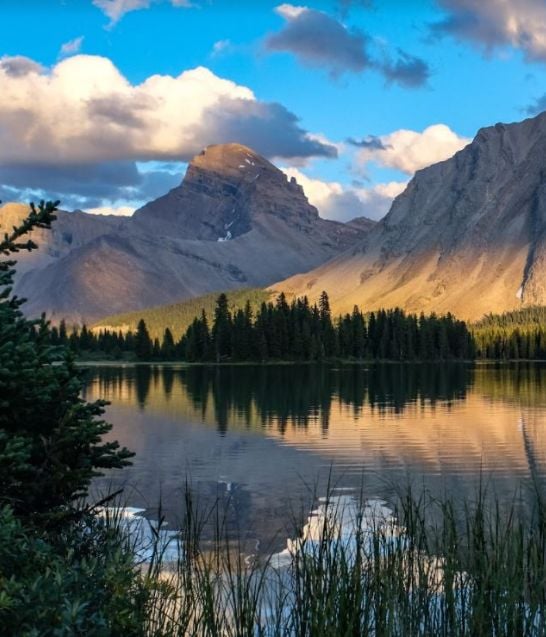
Project Blue Thumb: a social lab to accelerate water quality solutions
Challenge: In Alberta, Canada, watershed planning and advisory councils are tasked with crafting an integrated watershed management plan for their respective watershed. But changing social, economic, and environmental conditions limit the ability of planning-based management approaches to deliver desired outcomes.
To counter these challenges in the Red Deer River watershed, Project Blue Thumb brings together people with the know-how, passion, commitment, and tools to transform the watershed’s health.
Partnership: Using the social lab approach, Reos Partners collaborated with Alberta Ecotrust Foundation and the Red Deer River Watershed Alliance, co-convenors of Project Blue Thumb, to enhance the social and ecological resilience of watersheds and accelerate progress on a range of water quality issues in the Red Deer River watershed.
The lab team comprised diverse stakeholders from municipal and provincial government, the non-profit sector, academia, forestry, and agriculture.
Transformation: The lab led to the development of prototype initiatives that address several leverage points for change in the watershed system and an increased shared understanding of the system and factors influencing its health.
It also strengthened relationships between members and key resource people within and beyond the Red Deer River watershed. And it improved the depth and breadth of professional networks, setting a firm foundation for breakthrough results.

